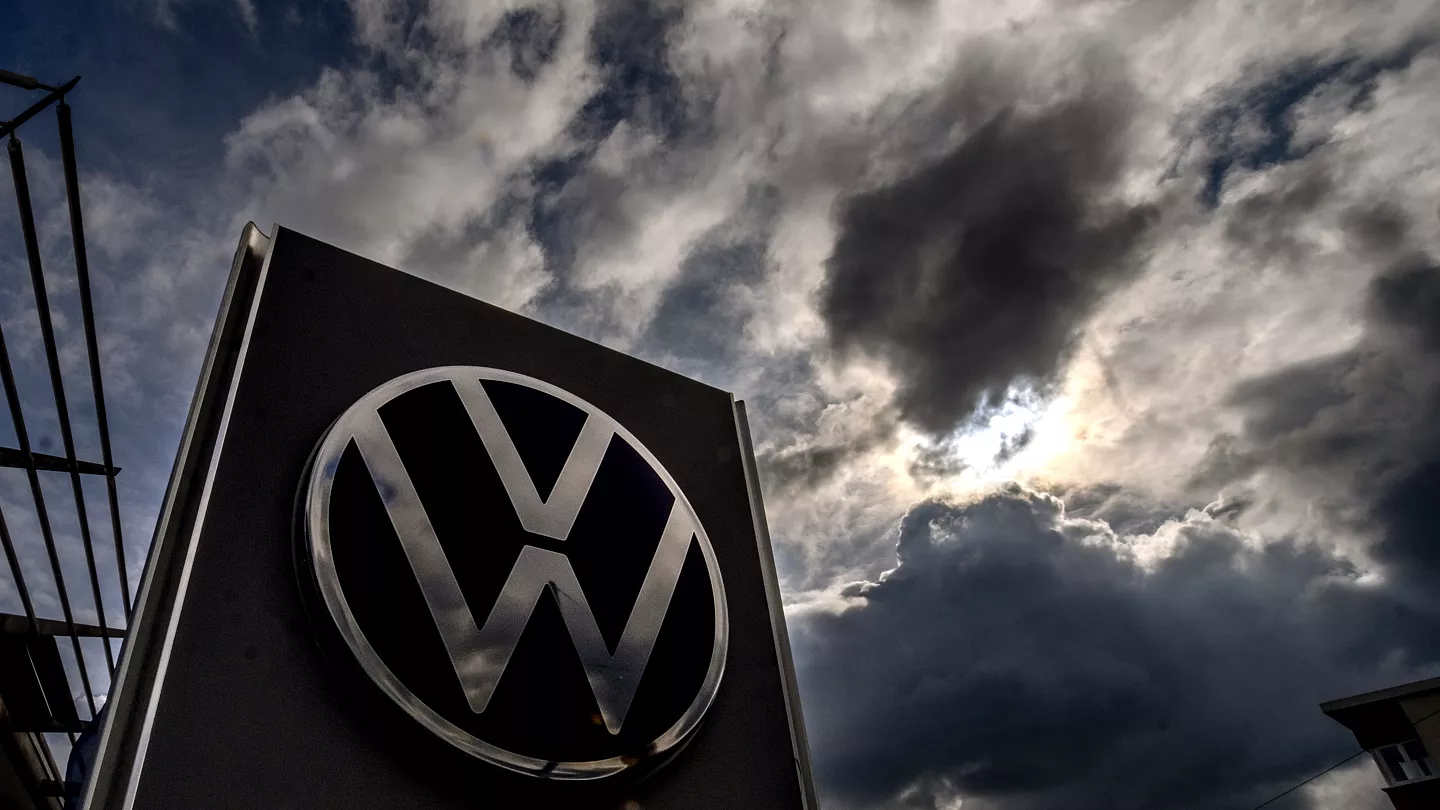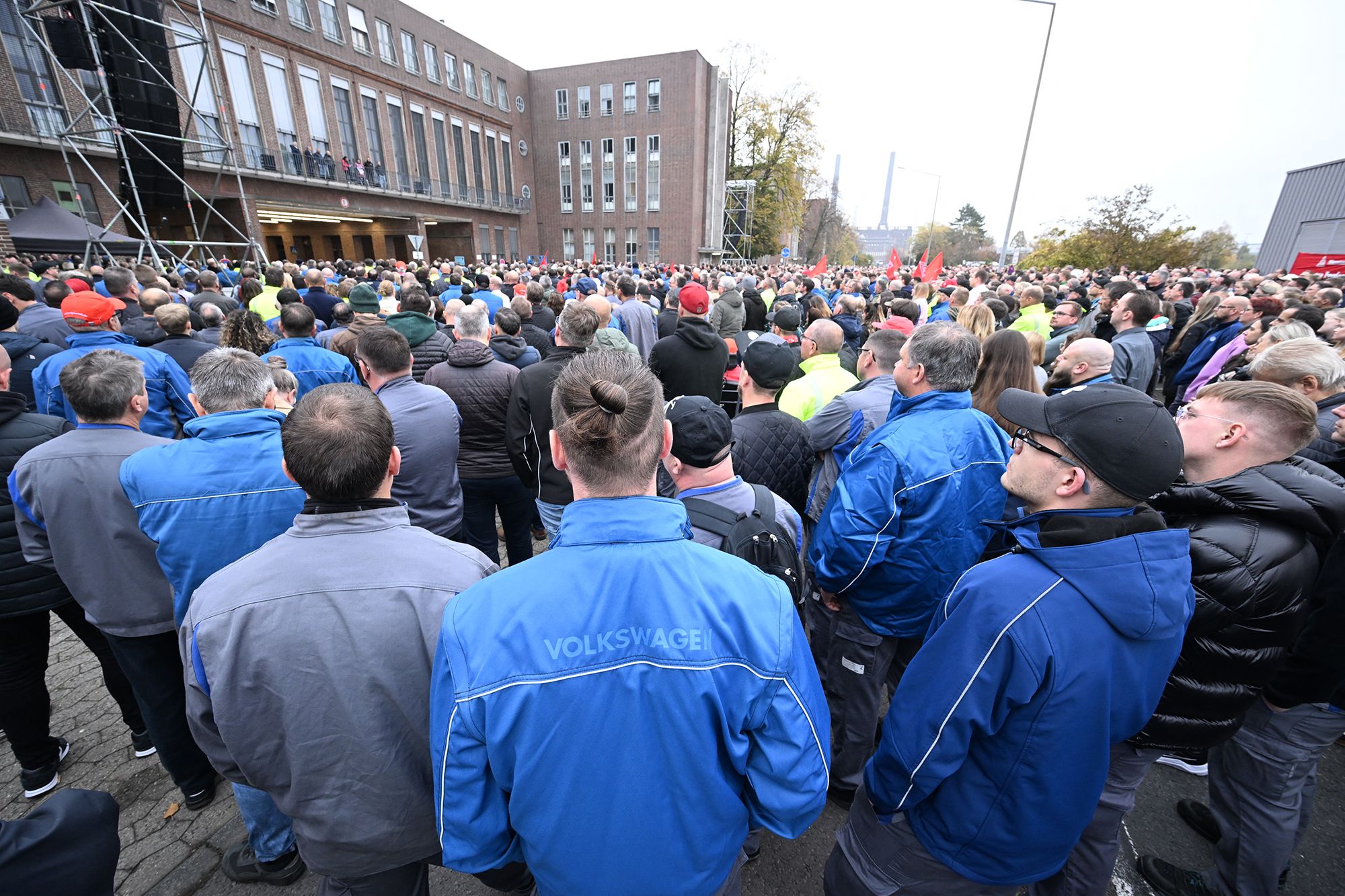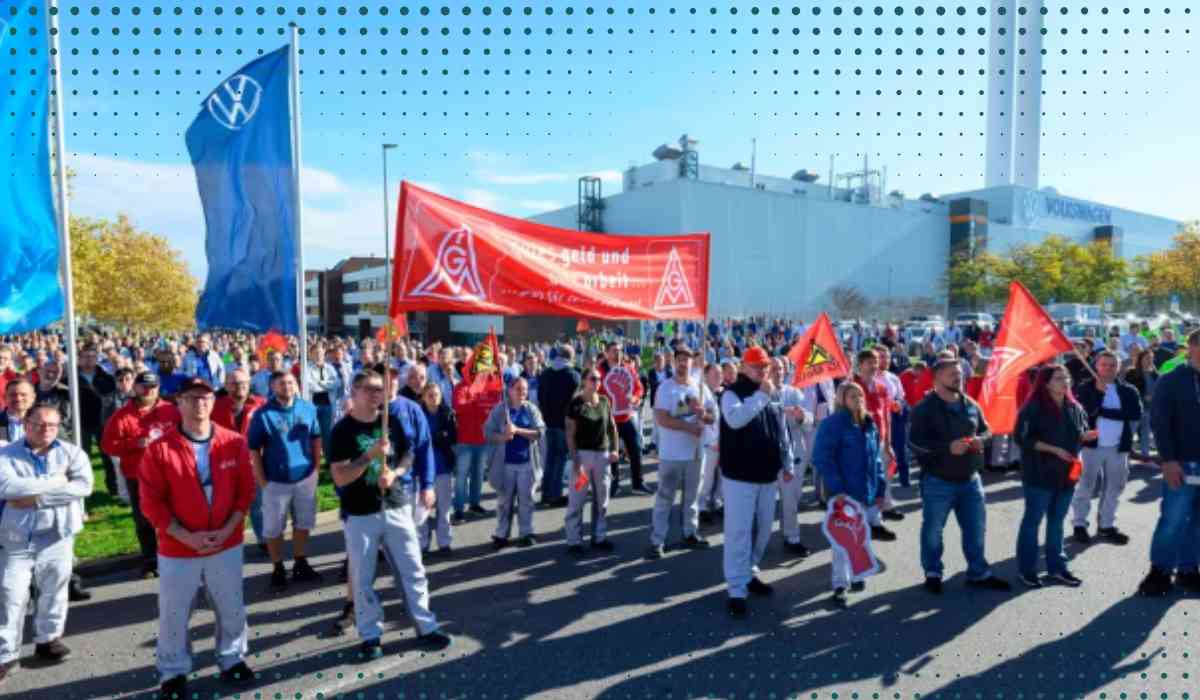Volkswagen is planning to shut down at least three of its factories in Germany, significantly reduce the workforce, and streamline its remaining operations, as confirmed by the company's employee group on Monday.

Historic Move for Germany's Largest Manufacturer
This would mark the first time in Volkswagen's 87-year history that domestic factories are closed, underscoring the pressing challenges the automotive giant is facing. Volkswagen's restructuring plans have already sparked opposition from labor unions, where the company currently employs around 295,000 people. The proposed cuts could potentially lead to strikes in the coming weeks.
Labor Unions Push Back Against Job Cuts
Volkswagen and union representatives have been negotiating for weeks over these proposed changes. Thorsten Groeger, a lead negotiator for the powerful German union IG Metall, warned that “if VW confirms its dystopian path on Wednesday, the board must expect the corresponding consequences from our side.” According to an agreement between Volkswagen and IG Metall, strikes may be permissible starting December 1. IG Metall also noted that “tens of thousands” of workers are prepared to voice their frustration.
Volkswagen’s works council, which represents employee interests on the company’s board, highlighted that the planned workforce reductions would impact all German plants and involve a 10% pay cut across the board. Daniela Cavallo, chairperson of the works council, added that the company aims to move certain operations overseas or outsource them, cautioning workers against underestimating these proposals.

Volkswagen, one of the world’s largest automakers, has stressed the need for a significant overhaul due to increased competition in China and declining sales in other markets. According to company executives, Volkswagen is currently selling about 500,000 fewer vehicles annually in Europe than it did before the pandemic equivalent to the output of two full car plants.
Gunnar Kilian, Volkswagen’s human resources board member, emphasized that the situation is "serious" and that the company must implement “comprehensive measures to regain competitiveness.”
High Labor Costs and Production Challenges
Thomas Schaefer, CEO of Volkswagen passenger cars, highlighted the disparity in productivity and costs at German plants, which are nearly 50% higher than budgeted. Schaefer noted that Volkswagen still handles many operations in-house, unlike its competitors who have outsourced more cost-efficiently.
As discussions with labor unions continue, Volkswagen stated it will make "concrete proposals" for reducing labor costs on Wednesday. The automaker also mentioned it may seek to end a long-standing employment protection agreement, in place since 1994, to ensure future stability.
With inputs from agencies
Image Source: Multiple agencies
© Copyright 2024. All Rights Reserved Powered by Vygr Media.























